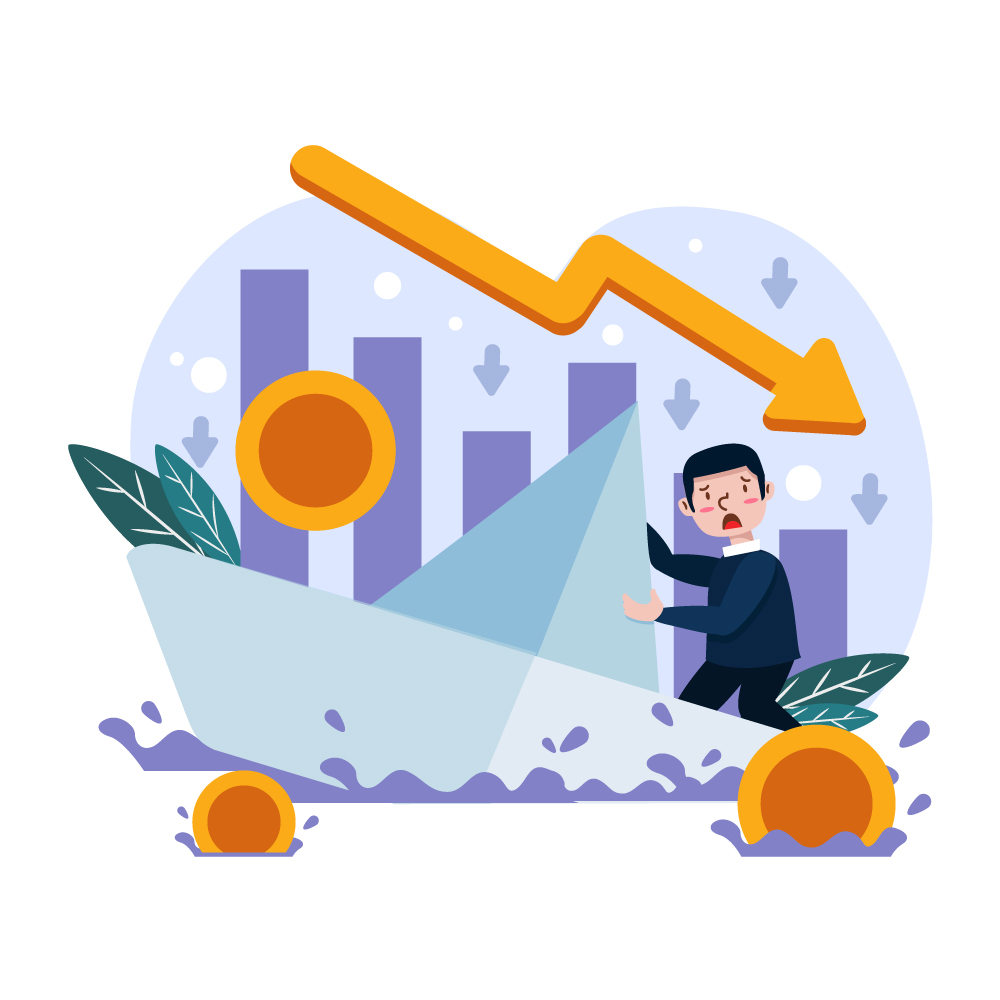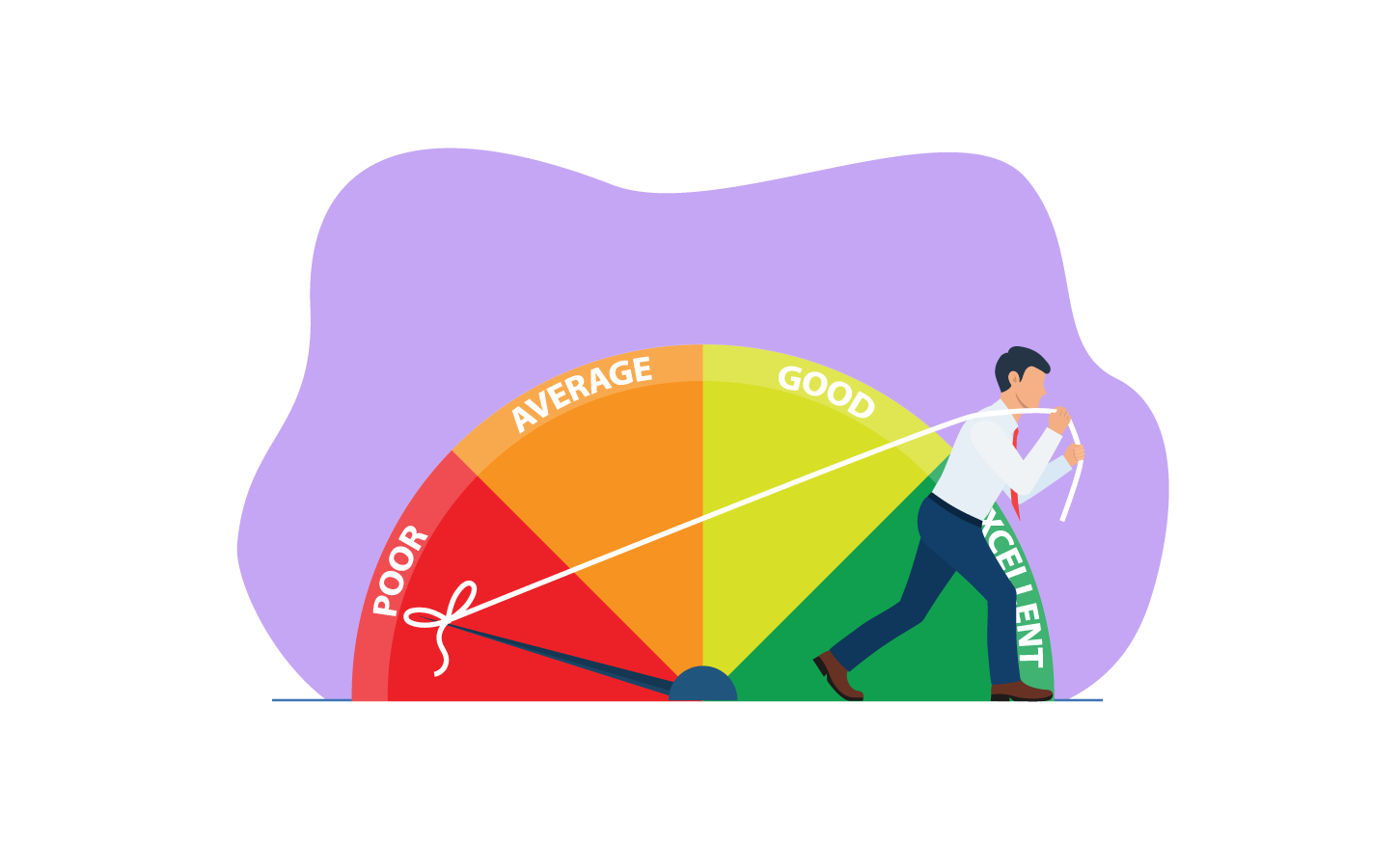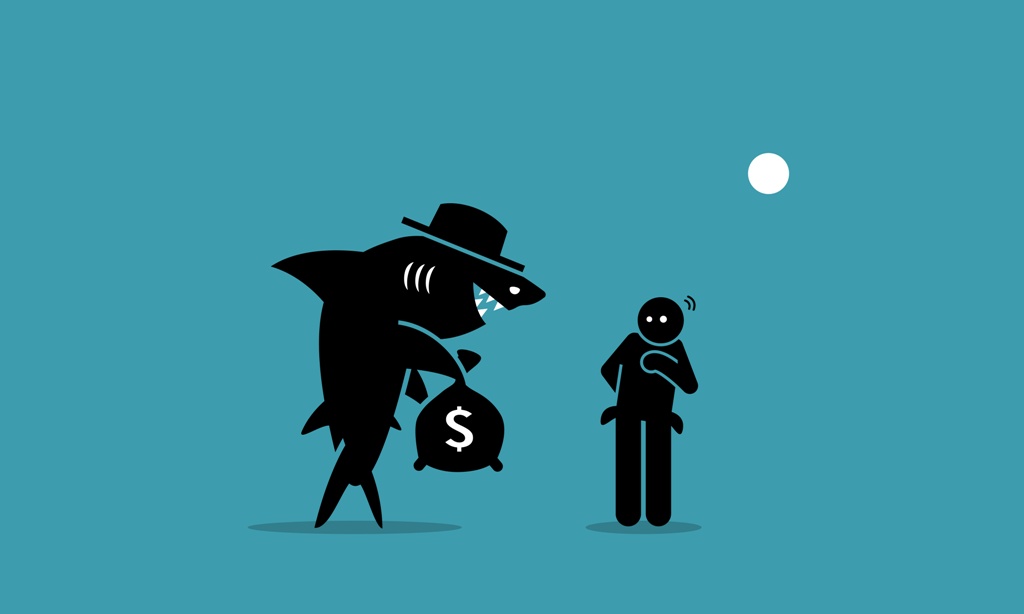While it may be possible to live completely debt-free, it’s not always the smartest decision. Much like how big companies take on loans in order to expand their businesses, taking up the right type of debt not only helps you better manage cash flow, it can even help you make more money in some cases. But we also know that a loan, when not managed properly or used for the wrong reasons, can cause some dire consequences. Therefore, the most important consideration when taking out a loan is whether the debt incurred is good debt or bad debt.
Difference between good debt and bad debt
Good debt is defined as money borrowed to pay for items that will grow in value or generate long-term income. Taking out a study loan to pay for a course that can upgrade your skills in this ever-changing economy is the perfect example of good debt. This is because the skills that you’ve learnt will likely help you towards getting a better job or a higher pay in the future. – it is an investment in yourself.
Thus, before you think of taking up any loan and incur the cost of it, it’s best to weigh it out to see if you are taking up good debt or a bad debt, and if it is worth it at all.
Types of good debt
1. Borrowing for education
As mentioned above, taking out a loan for studies is usually considered a good debt, except if you miscalculated and find it hard to repay. Ask yourself if it is really worth the future value it can bring. For example, Singapore has one of the best universities globally, but each year, over thousands of students continue to have their undergraduate studies/post-graduate studies overseas. In fact, many of them do this for “experience”, without making in-depth research on whether this “experience” can translate to anything meaningful. As overseas education can be pretty costly, some end up drowning in debt before they can even find a job. If that’s you, think rationally about your decision.
2. Taking up a mortgage loan
Singapore has a high home-ownership percentage; over 90% of Singaporeans own a home here. While it does not mean that you HAVE TO buy a home of your own in this lifetime, a property is generally seen as an asset and increasing in value over time. What’s more, the interest charged on mortgage is one of the lowest, averaging at about 2% currently.
3. Business Loans
Between getting paid and having to put up upfront deposits and payments, businessmen and entrepreneurs often need help with their cashflow. This is when business loans can help with ensuring you are not in the red, as well as aid in business expansion. If the money is spent to generate more income, then a business loan can be considered good debt.
Types of bad debt
1. Car loan
Surprised? Why would car loans be considered “bad?” Well, the truth is that cars are considered a liability rather than an asset. This is especially true in Singapore where cars are known to be ridiculously expensive. What’s more, there is generally no more value after it reaches the 10-year mark.
2. Credit card debt
Credit card debts are considered to be worst of its kind – one, the interest rates charged are one of the highest around; two, the probably of revolving credit means you will be able to take on more debt by paying just the minimum payment each month. Allowing you to take on more debt when you can’t clear what you owe really isn’t the best example of financial prudence.
3. Borrowing for holidays or buying consumer products
This borders on borrowing to buy things that you want and not need. While you can safely spend as you want, if you need to borrow to buy what you don’t need, there’s a problem there. Generally, this puts you in the category of over-spending. While you can use the money from a personal loan for any reason or purpose, how you use it can determine if it is considered good or bad debt. Definitely, we see a difference between taking up a personal loan for paying a large medical bill versus paying for a luxurious bag you’ve been eyeing?
Living in a cosmopolitan city like Singapore sure requires many of us to borrow money at some point in our lives. But differentiating between good debt and bad debt can make a significant impact on your financial health.
The general advice is to be a master of your loan and debts, not let it control you. It is best not to incur more debt than you can comfortably afford. Use loans as a tool to improve your life or financial situation, to increase income or invest in your future.
About the Author

Led by a team with invaluable expertise across Singapore’s licensed moneylending, banking, and finance industries, CompareSing provides users with a streamlined yet informative experience at every step of their loan journey.


















